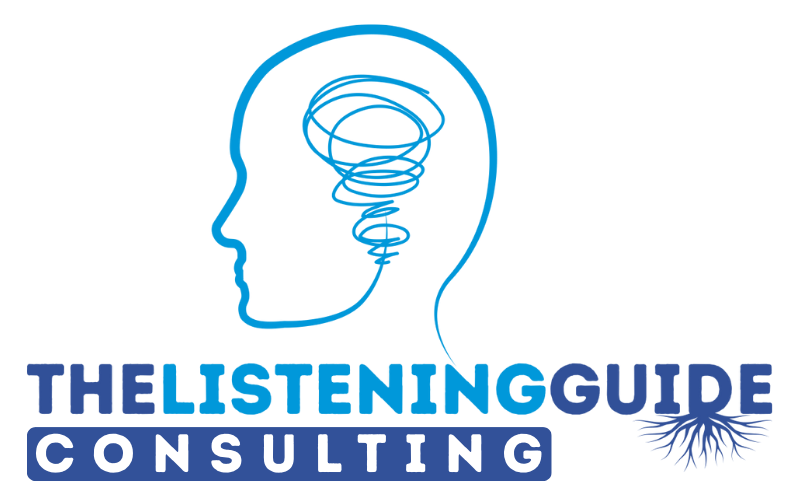What Happens When I Mention the Word "Retirement"?
Mariyon Slany | November 2025
Do you recoil because you think you will never get to retire? There are some pundits in the
UK who are stating that may happen as the retirement age is being pushed back and governments are radically reconsidering costs.
Retirement came up for me the other day watching Michael Palin standing underneath the Angel Falls in Nicaragua getting completely sodden from the hugely powerful water spray. I was sparing a thought for the safety of the cameraman but in reality, perhaps Palin at 82 was more concerning. He is definitely not looking to retire, similarly to David Attenborough, still busy filming at 97. Whether Palin should be thinking about it, is another question, when your viewer is worrying that an elderly man may well slip and fall to his death filming underneath a waterfall.
Transition to retirement is now more commonly being used, recognising that it is a process. What happens if I don't really want to retire. Ever. Like Michael Palin. Perhaps you’ve come to the conclusion that you can’t afford to retire. Are workplaces really ready for a much older generation in the office? From my experience of age-ism I would say a resounding ‘no’ to that. Australia is nowhere near Japan for example in terms of providing work appropriate to an older workforce actively utilising people’s experience and knowledge for many years post a ‘traditional’ retirement cut-off.
It may not continue to be our choice (not to work), but it is something that is not easy to simply give up. What about the trend for some to retire from their full time working role, and then go on to do something else? Is that then the thing they love? How do they know?
Firstly, we need to get a few things straight in our own head. We may have had a traditional 9-5 work environment for many years and that has been sustaining for us, financially, mentally and socially. Or we may part of the portfolio career generation with various part time roles working in synchronicity with each other, as many people in the arts sector do – some performance or writing work, some teaching work, some ‘other work’ unrelated to our original field that has grown in relevance as we’ve aged and become more important, perhaps in the not for profit or caring sector; not least because it may have paid us regular super.
We’ll leave the financial side for another day and another expert! The experience of a portfolio career is probably easier to transition to 'project lifestyle' because we are practised at integrating or slotting various roles into different parts of our life (or if you prefer ‘the hustle culture’).
Let’s look at 3 aspects of thinking about retirement; mental, emotional and psychological.
Our mental world – We are essentially losing a focus (our daily work) and gaining so much choice (sleep in, do more exercise, get another pet, meet friends for coffee, learn an instrument, go on a trip, the list is endless… which is why they call it a bucket list – it pours out!). If you stop focusing on work, you may imagine there will be lots more space in our minds for other things. However, we may simply feel like we have endless unstructured time and for some people that is very disturbing. If that’s you, then planning ahead and thinking clearly about what you want your week to focus on will be important. You may want to allocate particular tasks for particular days of week ie Monday life admin, Tuesday catch up with friends, Wednesday sporting activities, Thursday family day, Friday new projects day etc. Being the ultimately responsible person for all the choices in our life may terrify you. There is no-one else to blame, but knowing that you will probably need some type of structure to utilise instead of your work based one will help.
Our emotions – We keep hearing about people’s bucket lists and dreams for when they have all the time in the world. Our dreams may not be fulfilled. In fact, our dreams may not have been fulfilled up to the point of transitioning to retirement and we may feel like we can’t admit that to ourselves, potentially because of intense grief. Not all of us can start thinking about retiring one day and then access a great superannuation amount the next. We may have to be more ‘make do’ and be budgeting from week to week, a bit like living from pay cheque to pay cheque. We may also feel very sad if we’ve worked for an organisation for 10 years, 15 years or 20 years (either full time or part time) and we review out time there retrospectively and ask ‘did what I do, matter?’ Making meaning of our life is one of the big issues for all human beings according to psychotherapist Irvin Yalom. If that
resonates with you, finding something that really matters to you after paid work will be essential. Other existential issues or ultimate concerns like ‘freedom’ and ‘death’ are “givens of existence” or “an inescapable part” of being an alive human in our world. And talk of retirement certainly brings the idea of freedom more the forefront of our brain, which again may feel threatening, when we haven't always been able to put our choices first.
Our habits and our community contribute to our psychology. As so many motivational experts tell us, our achievement of goals is really the nub of everyday choices in how we spend our time. This is going to become much more significant if nobody else is dictating how we should now spend our days, our hours, our minutes; particularly if we had a career that involved lots of meetings and scheduling. Choosing new habits that are deliberate and contribute towards a larger picture for you is important. If we think of example of travelling; some people say ‘oh 3 weeks is long enough. I was dying to get home that trip.’ Travel involves seeing ourself differently as we see the world differently through the lens of new countries, different people. That is work for the brain and possibly, we don’t want to do that work as an older body and mind. So rather than seeing retirement as this ideal big event that is associated with travel and exposing ourself to lots of new experiences, we may learn to reconfigure life and define retirement as more in the present and choosing acts of meaning every day for ourself now we have more control over our time, rather than waiting for permission to ‘live’ life.
Four Tips for preparing for transition to retirement:
1. Self reflect. Put some pauses into your day and see where your thoughts take you. Write down your mixed feelings about retirement and help yourself start to untangle your inner world a bit. Or you may even talk to a therapist who can help you with
some gentle questions.
2. Connect with people you know who have retired already or are doing ‘transition’ to retirement and get some inspiration.
3. Set up a group. Maybe its some work colleagues you want to stay in touch with and organise a regular pattern of catchups so you feel the swirl of everyday life has not completely gone down another stream. Organise some meet ups before you leave
the workplace. Or it may even be a different group associated with your new projects.
4. Facing our fears. This may be harder to explore: what am I afraid of when I retire? It could be that sense of not being ‘of use’, or not knowing who I am because work has kept me so busy I haven’t had time to look at the fact that what I achieved in my
working life was not really my life’s dream. This is the big issue and you may need some help working through this as we hold ourselves back from facing difficult feelings.


